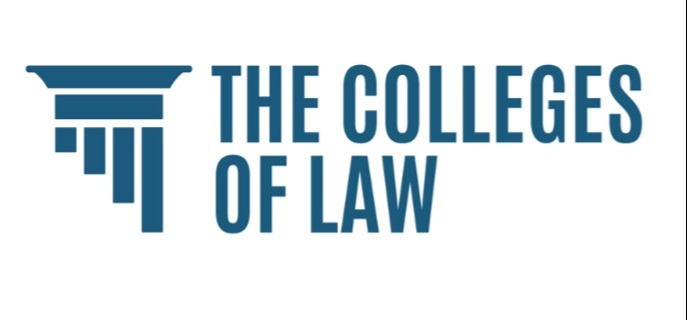Course Selection for Fall 2024
FALL TERM I:
LLL 510—Regulation and Compliance (Prof. Roger Pao) (3 units)
(Fall Term I, Aug 26th - October 14th)
Legal/regulatory compliance requirements have seen a sharp increase globally. This increase reflects the rather rapid development of normative values regarding compliance and ethics of society at large. This course will review the various types of compliance requirements and examine related issues such as compliance audits, document retention policies, data security, IT procedures, privacy concerns, and governance. It will also address the analytical tools necessary to understand the complexities of compliance as part of a risk analysis and the role of compliance in shaping an entity’s strategy.
Units: 3
Grading: Letter Grade
Meets Requirement Selection
Concentrations: Business Operations and Emerging Law
LLL 521 – Building Legal AI Chatbots (Prof. Thomas Officer) (begins online September 29 and ends with a weekend in-person session 10/19 & 10/20) (2 units)
(Fall Term I, Aug 26th - October 14th)
Learn how to integrate cutting-edge technology into your practice or legal tasks by building an AI chatbot. Over the course of a three-week online course that culminates in a two-day in-person workshop, you will build your own no-code or actual code version of an AI chatbot enhanced with your particular legal knowledge. This course will cover the best practices for leveraging tools like ChatGPT for legal purposes and how to enhance the legal capacity of your tool. This course is practical and hands-on, prioritizing learning by doing. Familiarity with AI tools and basic technical capacity is required.
Units: 2
Grading: Letter Grade
Meets Requirement for 1 credit JD certificate capstone
Concentrations: Business Operations, Emerging Law, and Technology
LLL 524—Blockchain, Smart Contracts, and Computational Law (Prof. Bryan Wilson) (3 units)
(Fall Term I, Aug 26th - October 14th)
The public debate about smart contracts, blockchain, and computational law is filled with alarms and elevated expectations. Blockchain technology gives us the framework to create a shared ledger system where various parties can report their compliance data/documentation, property records may be store, personal identities can be managed, corporate governance may be automated, and decentralized currency may be exchanged. Smart contracts make use of the blockchain to execute, control or document legally relevant events and actions according to the terms of a contract or an agreement. Computational law addresses the automation of legal reasoning to support transactions and compliance. The topics examined in this course will include formalism versus contextualism, form versus context, distributed ledgers, smart contract enforceability, blockchain regulation, and automated compliance.
Units: 3
Grading: Letter Grade
Concentrations: Emerging Law and Technology
Fall 2024 Term II:
LLL 500—Privacy Dilemmas (Prof. Karine Wegrzynowicz) (3 units)
(Fall Term II, October 21st - December 9th)
This course provides an in-depth look at the scope of privacy rights and the institutional practices and processes that may affect those rights. The course will cover the technology, laws, and policies related to privacy issues, including those raised by wiretapping, stored data collection and mining, location tracking, drones, and social media.
Units: 3
Grading: Letter Grade
Concentrations: Business Operations, Entrepreneurship, and Emerging Law
LLL 514—Litigation Operations (Prof. Michelle Eggli) (3 units)
(Fall Term II, October 21st - December 9th)
This course will examine the challenges litigants face in the digital age, focusing on the growing importance (and cost) of electronic discovery. This course will cover four general topics: a) optimized roles and responsibilities of the various stakeholders (the entity, in-house and outside law firms, and litigation services companies); b) the importance of well-defined process and project management principles in coordinating a response to litigation, including the principles of excellent investigation; how to identify issues and then plan an investigation; and how to conduct thorough witness interviews; c) cost management in the inherently unpredictable process of identifying and sorting through “big data”; and d) litigation technology. The discussion will focus on the “best practices” established by field practitioners who have identified methods for reducing risks and mitigating costs.
Units: 3
Grading: Letter Grade
Concentrations: Business Operations
